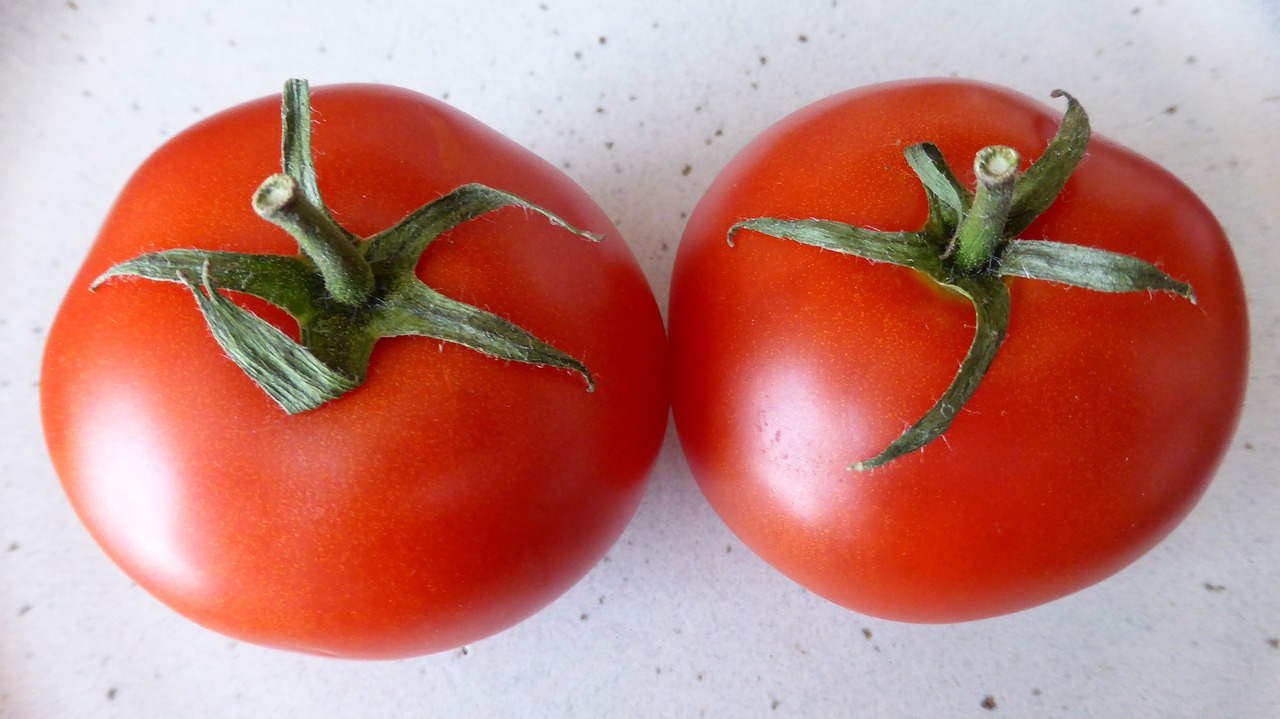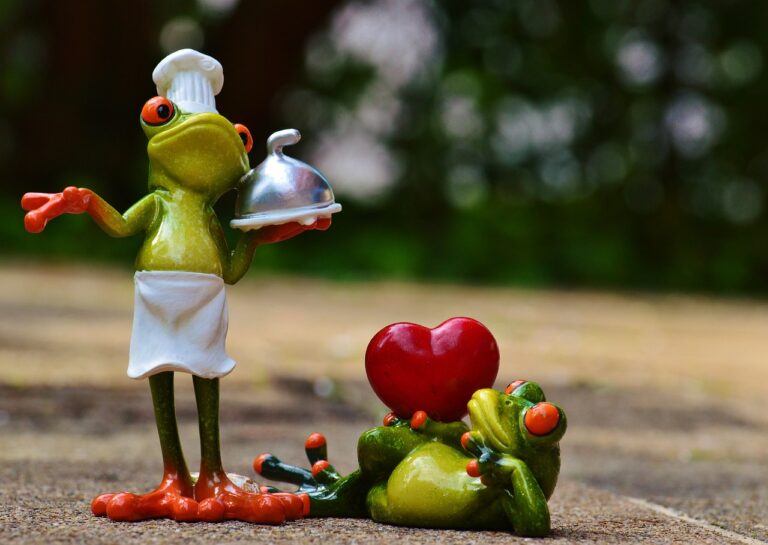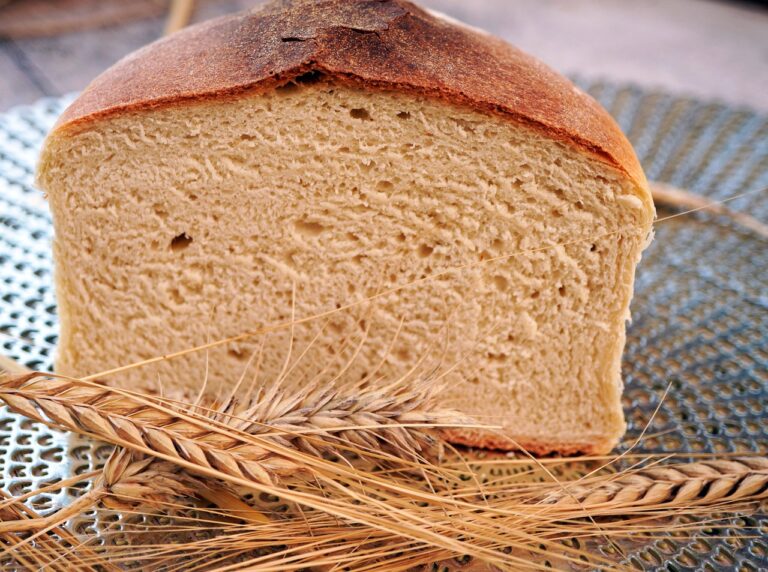The Role of Olive Oil in Celebrating Mediterranean Culture: Laser book login, Silverexchange.com login, 11xplay online
laser book login, silverexchange.com login, 11xplay online: The Mediterranean region is renowned for its rich cultural heritage, stunning landscapes, and delicious cuisine. At the heart of Mediterranean cuisine lies one key ingredient that plays a crucial role in celebrating the region’s culture – olive oil.
Olive oil has been a staple in Mediterranean cooking for centuries, and its importance goes far beyond just being a cooking ingredient. From its health benefits to its role in traditional customs and rituals, olive oil is deeply ingrained in Mediterranean culture.
In this article, we will explore the multifaceted role of olive oil in celebrating Mediterranean culture, from its historical significance to its culinary versatility and beyond.
History and Heritage
Olive oil has a long and storied history in the Mediterranean region. The olive tree is native to the Mediterranean basin and has been cultivated for thousands of years. The ancient Greeks and Romans revered the olive tree and considered olive oil to be a sacred gift from the gods.
Olive oil production has been a cornerstone of Mediterranean agriculture for centuries, with families passing down the art of olive oil making from generation to generation. In many Mediterranean countries, the olive harvest is a time of celebration, with festivals and rituals marking the occasion.
Culinary Versatility
Olive oil is a fundamental ingredient in Mediterranean cuisine, adding depth of flavor and richness to dishes. From drizzling over salads to saut驮g vegetables and meats, olive oil is a versatile ingredient that can be used in a myriad of ways.
In countries like Italy, Spain, and Greece, olive oil is used not just for cooking, but also as a finishing touch to dishes. High-quality extra virgin olive oil is prized for its fruity aroma and peppery finish, enhancing the flavors of Mediterranean dishes.
Health Benefits
Olive oil is not just delicious, but it is also incredibly good for you. It is rich in monounsaturated fats, which are known to be heart-healthy. Olive oil is also packed with antioxidants and anti-inflammatory properties, making it beneficial for overall health and well-being.
In Mediterranean culture, olive oil is often referred to as “liquid gold” for its numerous health benefits. It is believed to promote longevity, improve cognitive function, and lower the risk of chronic diseases such as heart disease and cancer.
Traditional Customs and Rituals
Olive oil plays a significant role in traditional customs and rituals in the Mediterranean. In countries like Greece and Italy, olive oil is used in religious ceremonies, such as baptisms, weddings, and funerals. It symbolizes purity, abundance, and prosperity, and is believed to ward off evil spirits.
Olive oil is also used in traditional beauty rituals in the Mediterranean. It is believed to nourish and moisturize the skin, keeping it soft and supple. In countries like Morocco and Turkey, olive oil is used in hammams (public baths) as a natural body scrub and moisturizer.
Environmental Sustainability
Olive oil production is not just important for Mediterranean culture, but it also plays a crucial role in environmental sustainability. Olive trees are well adapted to the Mediterranean climate and are resistant to drought and pests, making them a sustainable crop.
Many olive oil producers in the Mediterranean use traditional farming methods that respect the environment and promote biodiversity. Olive oil production also provides employment opportunities for rural communities, helping to preserve traditional ways of life.
FAQs
1. Is olive oil good for cooking?
Yes, olive oil is an excellent choice for cooking due to its high smoke point and rich flavor. Extra virgin olive oil is best used for drizzling over dishes or in salad dressings, while regular olive oil is suitable for saut驮g and frying.
2. What is the difference between extra virgin olive oil and regular olive oil?
Extra virgin olive oil is made from the first pressing of olives and is considered the highest quality olive oil. It has a fruity aroma and a peppery finish. Regular olive oil, on the other hand, is a blend of refined olive oil and virgin olive oil, with a milder flavor.
3. Can olive oil be used for skincare?
Yes, olive oil is a natural moisturizer and is often used in skincare products. It can help to nourish and hydrate the skin, leaving it soft and supple. Many Mediterranean cultures use olive oil in traditional beauty rituals for its skin-softening properties.
In conclusion, olive oil plays a central role in celebrating Mediterranean culture in a myriad of ways. From its historical significance to its culinary versatility and health benefits, olive oil is an essential ingredient that embodies the spirit of the Mediterranean. Whether drizzled over a salad, used in a religious ceremony, or applied to the skin, olive oil is a true symbol of the Mediterranean way of life.







